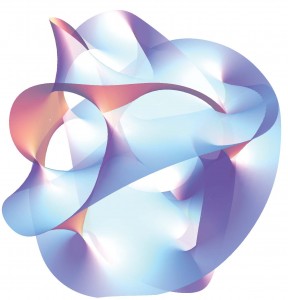Subscribe
Follow us on Twitter
More Posts About
stellar evolution galaxy evolution spectroscopy gravitational waves astrophysics Milky Way astronomy dwarf galaxies exoplanets star formation cosmology habitability AAS stars dark matter solar system theory supernovae black holes observations galaxies planet formation AGN planetary science simulations protoplanetary disks transits radio astronomy Kepler binary stars
Posts by Category
Our Sister Sites
(Organized under ScienceBites)
- Astrobitos (Astrobites in Spanish)
- Astropontos (Astrobites in Portugese)
- staryab (Farsi)
- ArAStrobites (Arabic)
- BiteScis (K12)
- Chembites
- Cogbites
- Envirobites
- ForensicBites
- Geobites
- Heritagebites
- ImmunoBites
- Nutribites
- Oceanbites
- OncoBites (Cancer)
- Particlebites
- PERbites (Physics Education Research)
- Reefbites
- Softbites
- astro[sound]bites


What do you mean by this statement, “strings are the new aether”?
I know that occultists long before string theory conceptualized aether/akasha as “lines of force”. From what I understand, the strings of string theory are described in the same way, as lines of interference, torsion waves, etc. that compose particles and that also exist in non-particulate form. Is this what you mean?
Are torsion waves the same thing as strings?
I just read some stuff about Dan Winter’s theories; it sounds like he’s trying to describe the same thing that string theory is describing, only he applies his own definitions. For example, he insists that aether precedes energy and matter, whereas the greeks including aether in their element paradigm described aether as the first form of matter (strings?), and that it was a state existing between energy (essence) and air. Isn’t that a description of open-ended strings?
What is your take on this? Also, what do you think of all these scientists using the term “aether” to describe things that contradict the greek description of elemental aether?
Please email me directly, if you can.